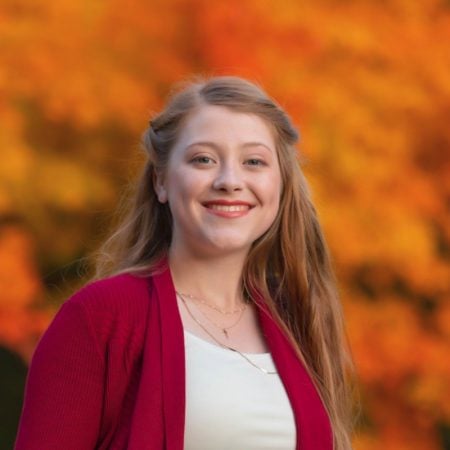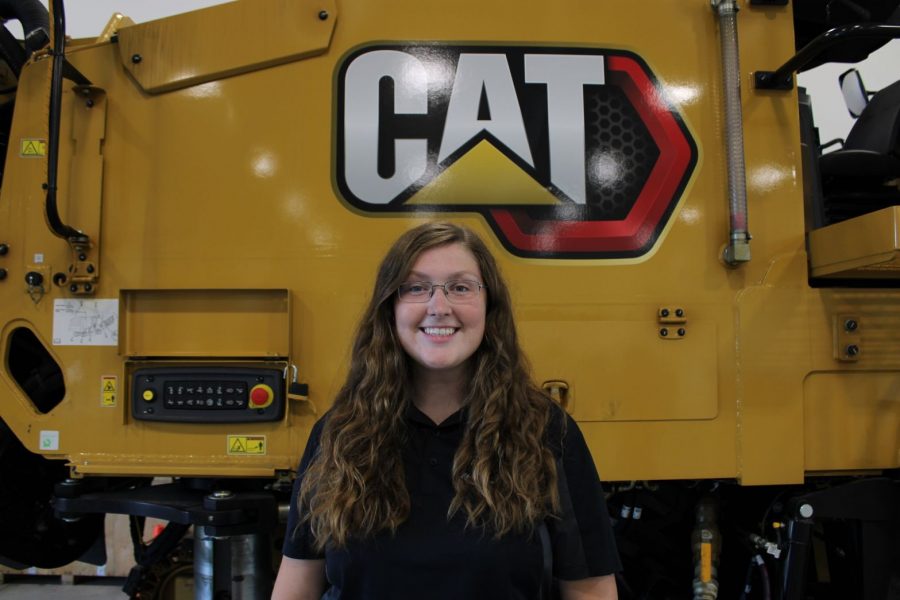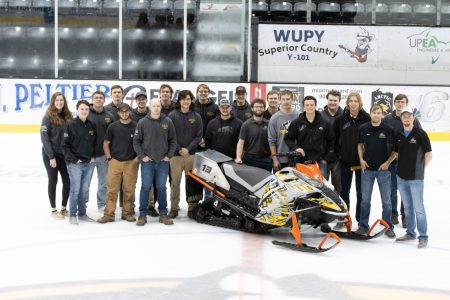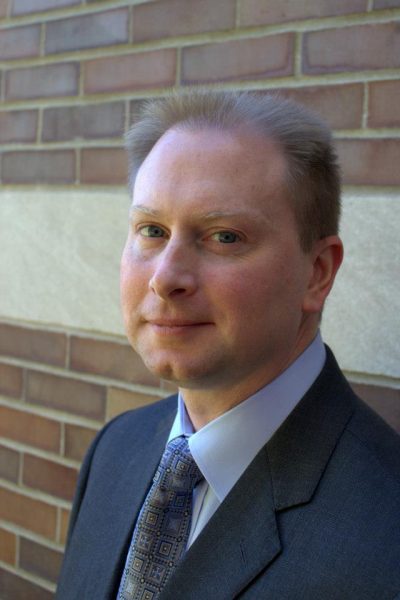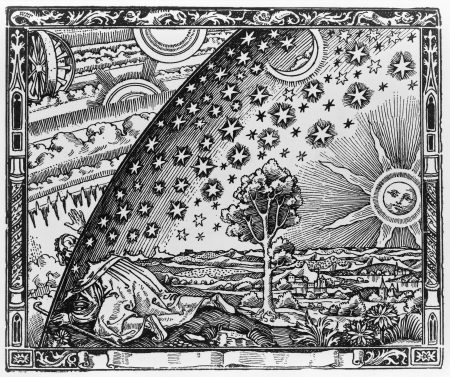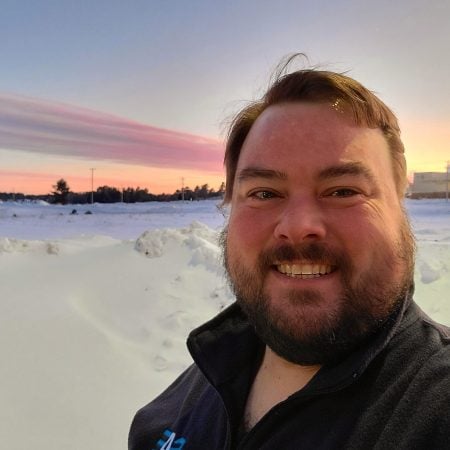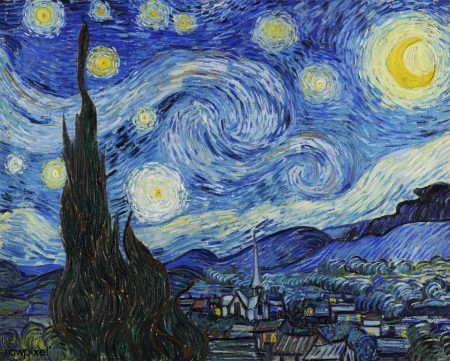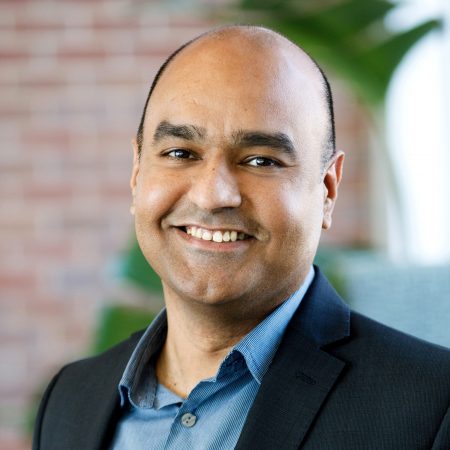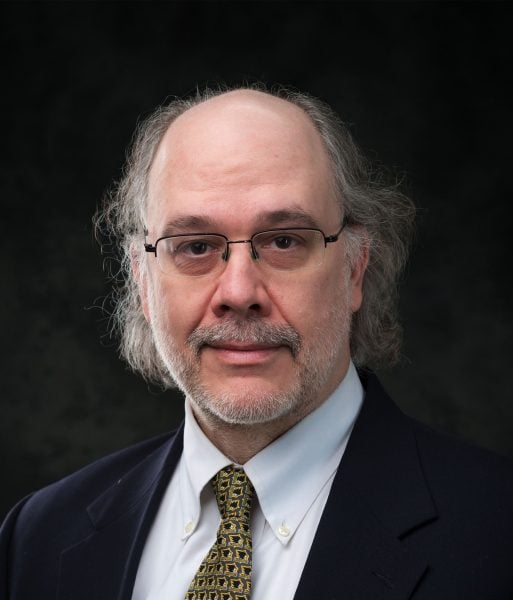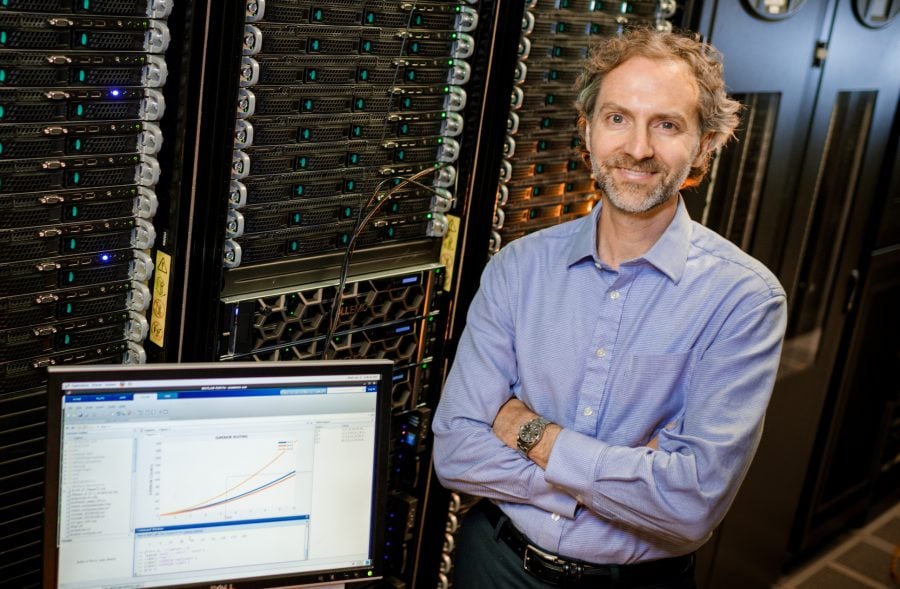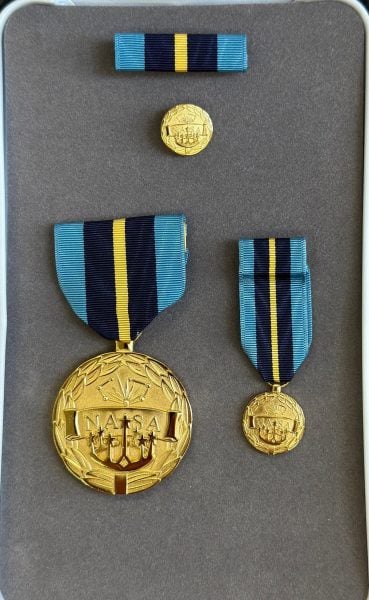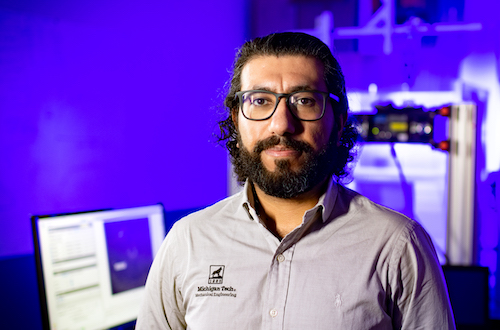I am from Shelby Township, but I grew up in Warren, Michigan until 6th grade, and those are both in the Metro-Detroit area. I chose to come to Tech because of the great community and its strong mechanical engineering degree program, which is what I chose as my major.
When I was younger, I originally wanted to be a veterinarian but, I eventually realized that it wasn’t my calling. Then, I settled on being a computer science major because I liked the small coding projects we did in middle school. In high school, I discovered that I did not want to code any more than I had to. Fortunately, another degree was calling my name. Since I had always loved building things, including in FIRST Robotics, I realized that mechanical engineering was the path I truly wanted to follow.
“Remember to breathe.”
My advice for incoming students? I would recommend creating a schedule. I use Google Calendar, and set up deadlines and tasks that need to be completed. I even make sure to schedule in my meals and sleep!
My favorite part of Engineering Fundamentals is the first-year engineering class. I love doing small but fun projects!
My biggest challenge thus far is finding a way to resist hanging out with friends. I must do this in order to make sure I can get all of my homework done on time.
I am not exactly sure what my future path holds, but I would like to be in charge of a project and take it from concept to completion.
The best advice that I have been given is, “Remember to breathe.” This is important as I often will spend way too much time on homework and forget to just take a break and relax.
